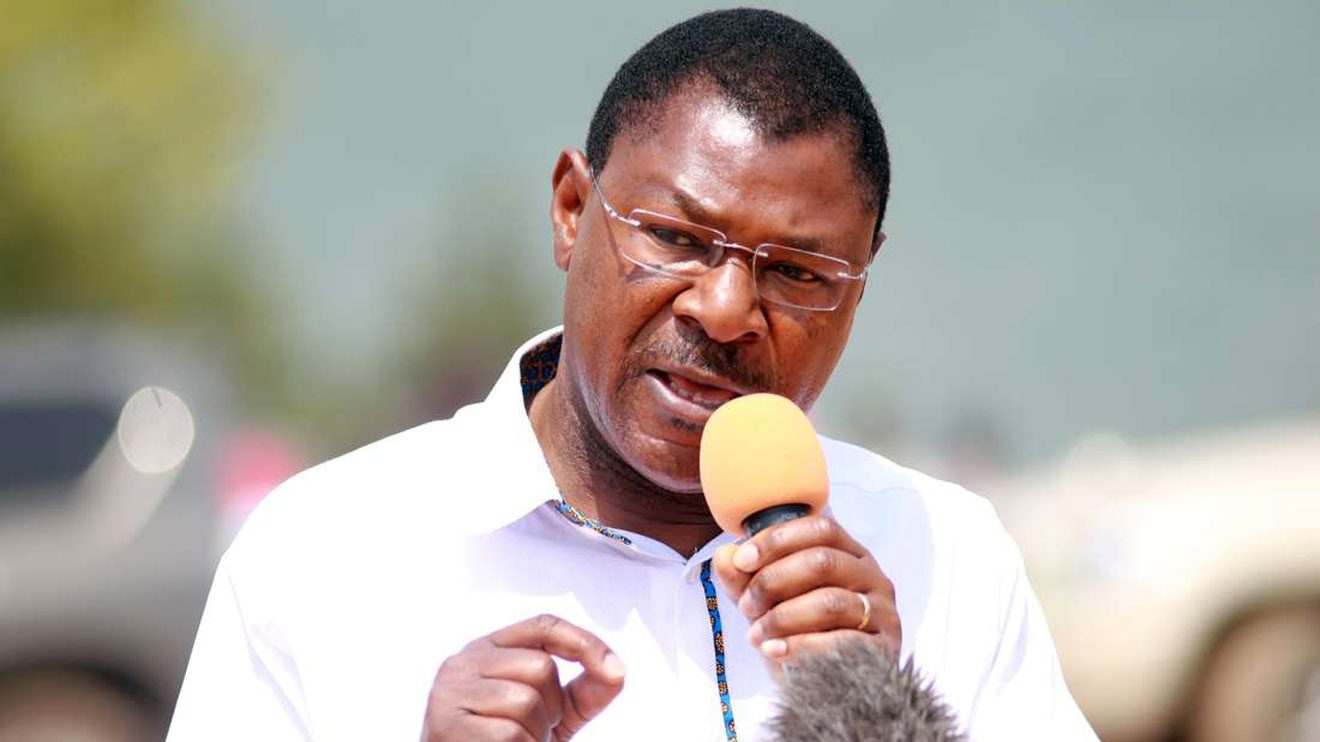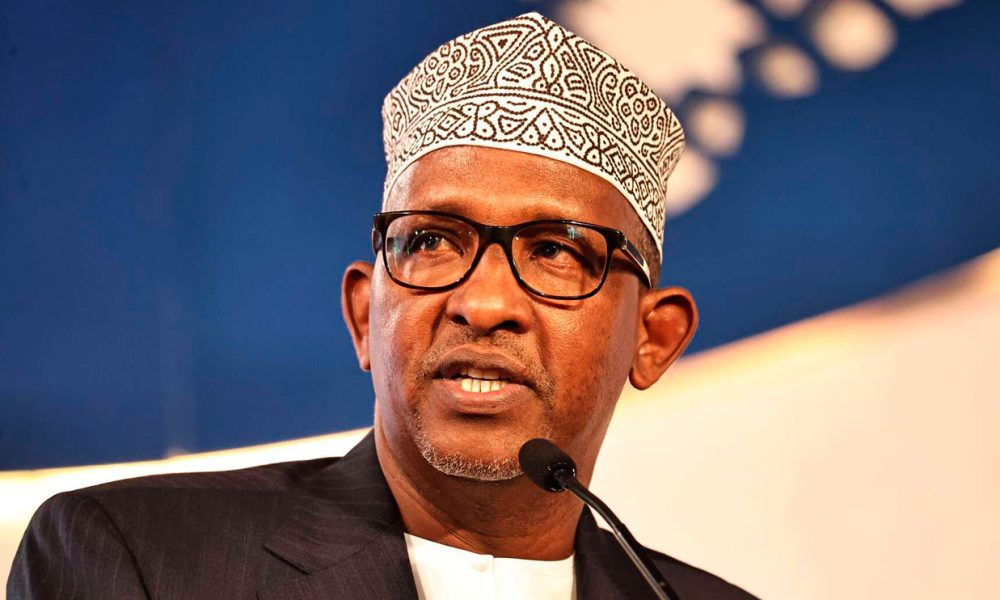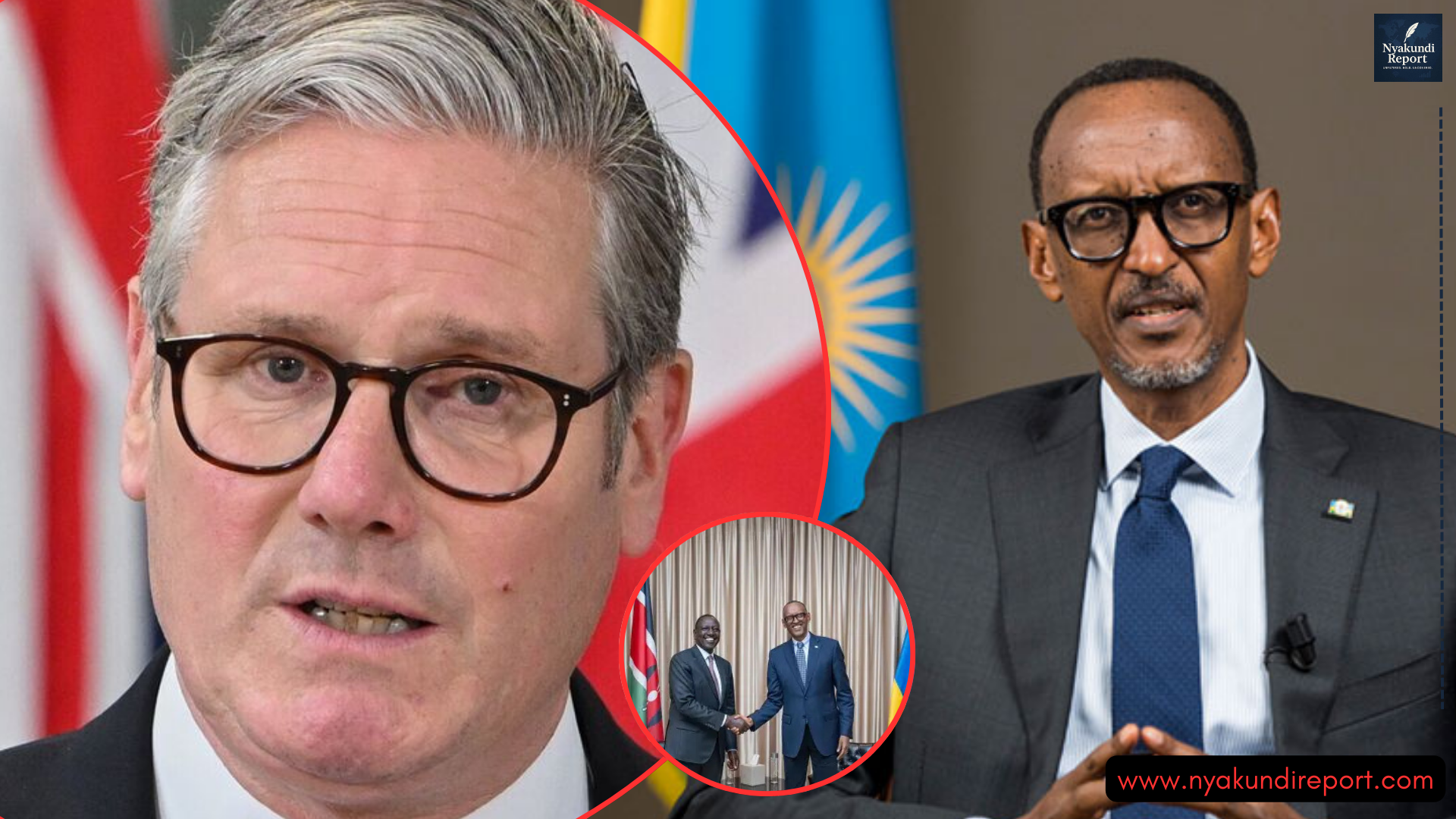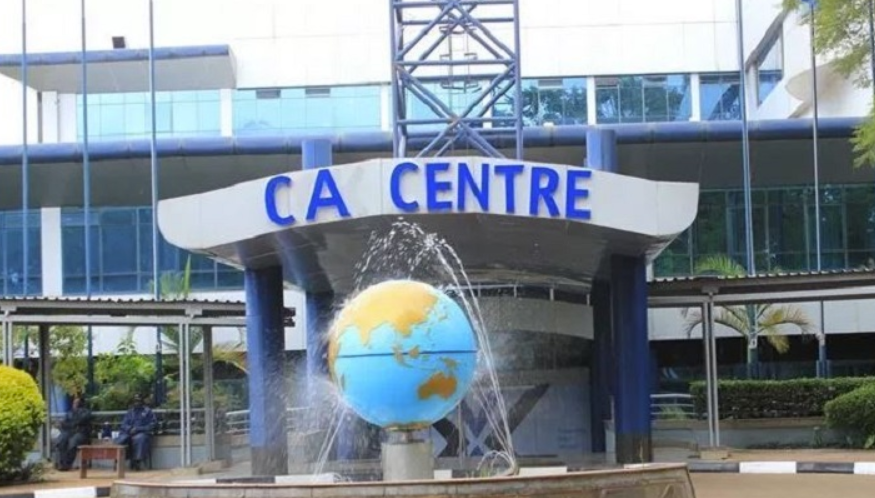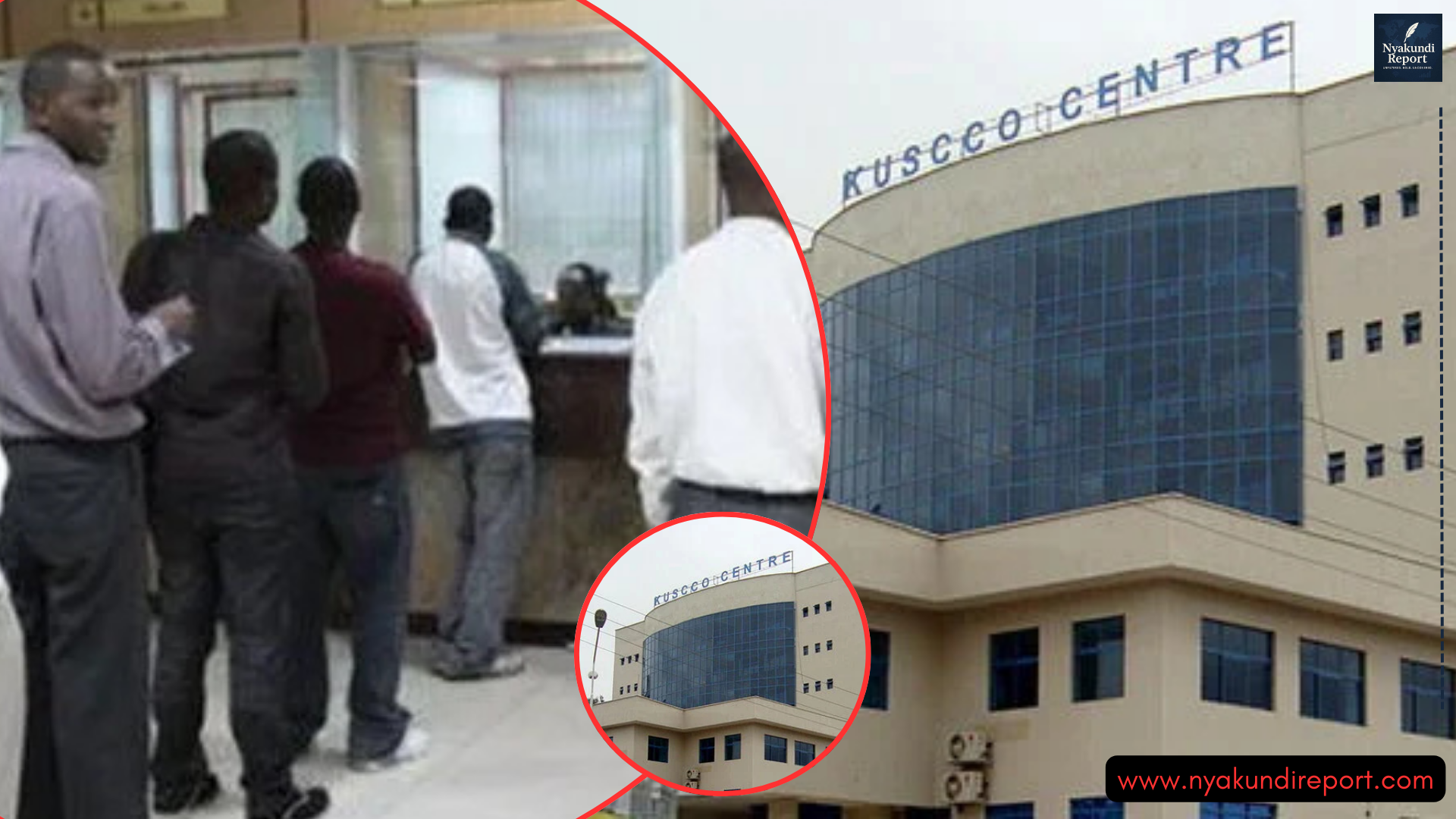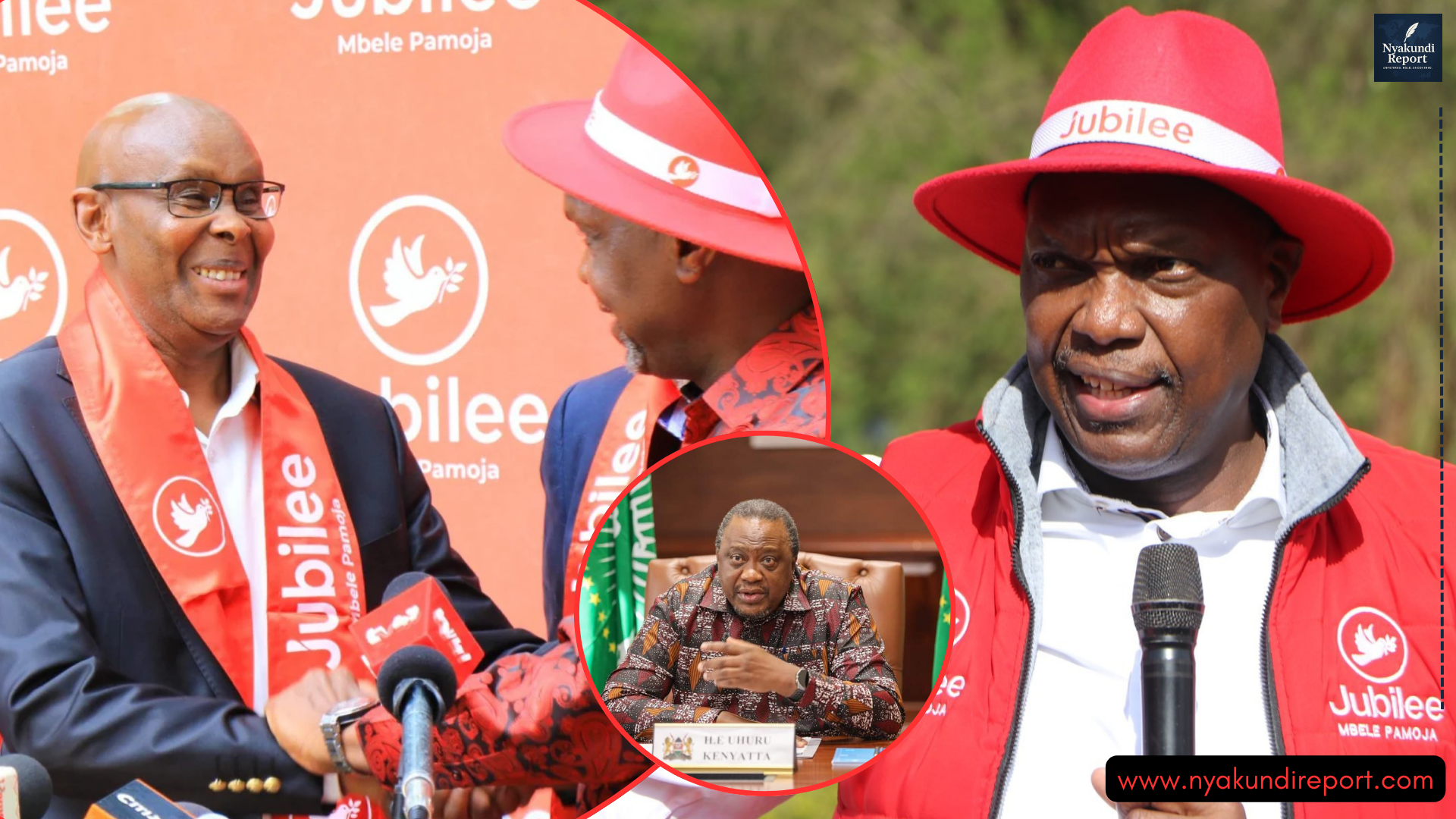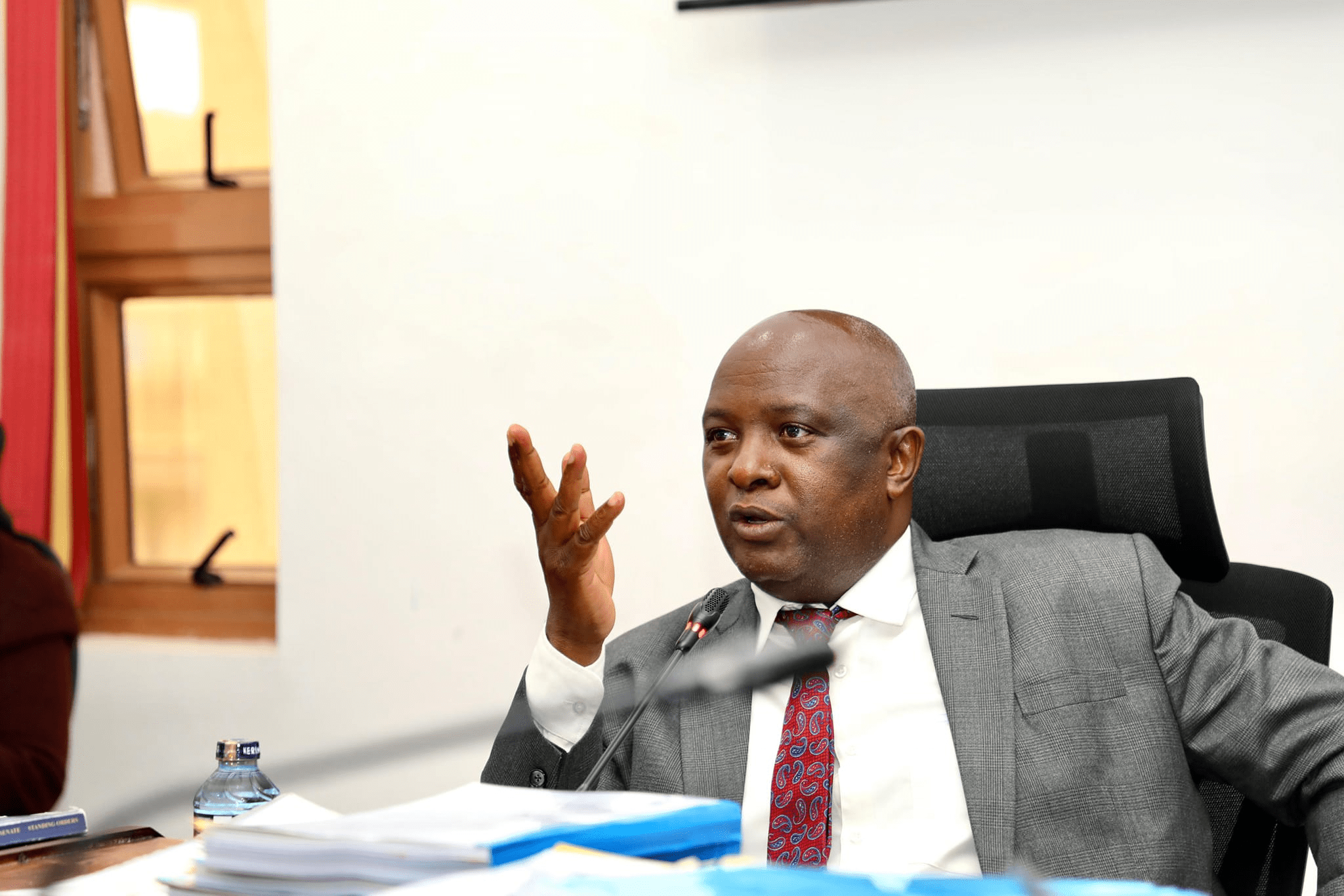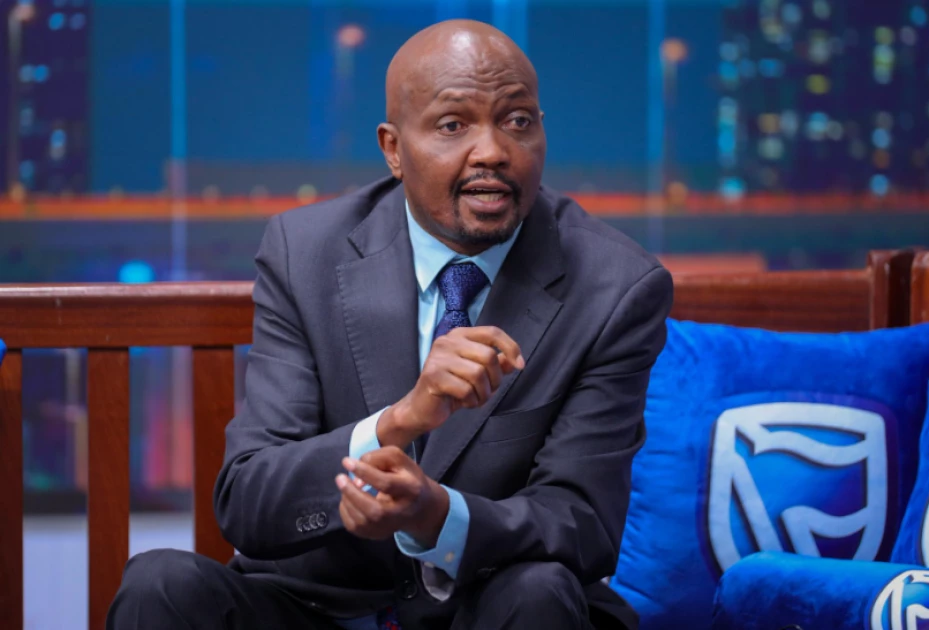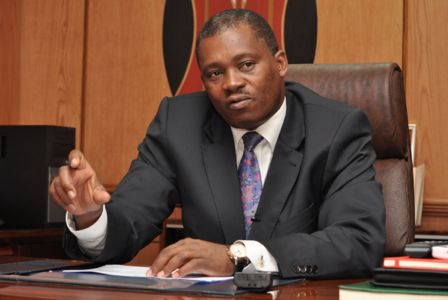The University of Nairobi is facing renewed scrutiny after revelations that it owes the Kenya Medical Training College Ksh7.4 million in rent arrears, a debt that has remained unsettled for seven years.
The disclosure comes at a time when UoN is already dealing with a raging leadership standoff that has paralysed decision-making and raised fresh fears about accountability at Kenya’s oldest university.
Lawmakers now want answers, KMTC wants action, and Kenyans want to know how an institution of UoN’s stature ended up in such a financial and governance crisis.
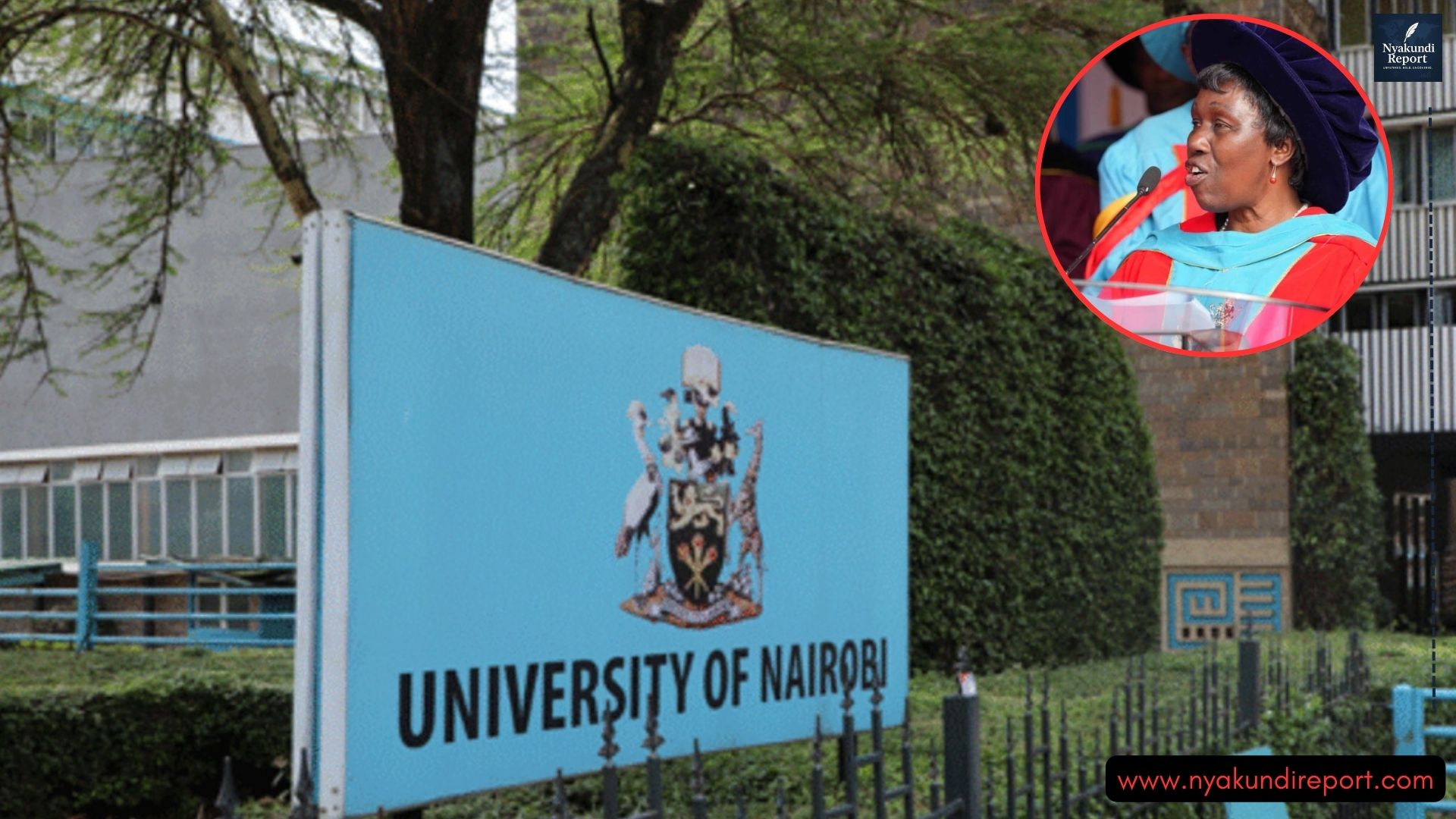
UoN Ksh7.4 Million Rent Arrears to KMTC Deepens Accountability Questions
Documents tabled before the Public Investments Committee on Social Services, Administration, and Agriculture show a long-running dispute that UoN has failed to address.
KMTC leadership disclosed that the university rented 96 rooms for its medical students but never honoured the payments.
Even after KMTC issued an eviction notice in July 2018, UoN remained in the buildings and ignored repeated reminders.
KMTC CEO Dr Kelly Oluoch told the committee that the matter was escalated to the Attorney General and the Head of Public Service. He said KMTC provided legal documents confirming ownership of the property and urging government intervention.
The debt, though small compared to UoN’s overall budget, has raised big questions. Lawmakers pressed KMTC to explain whether it had exhausted all avenues for redress and demanded clarity on why UoN defied eviction orders for years. The committee signalled plans to summon UoN for a formal explanation.
The rent arrears issue now sits at the centre of a broader governance storm that has engulfed the institution.
Leadership turmoil blindsides financial management
The rent dispute emerged while UoN remains locked in a bruising leadership clash involving the university council and the Ministry of Education. The conflict traces back to late 2024, when former Vice Chancellor Stephen Kiama was removed from office. The council responded by appointing Margaret Jesang Hutchinson as Acting VC, a move the ministry later endorsed.
Instability intensified in May 2025 when the council attempted to appoint Bitange Ndemo as substantive VC. His entry was blocked over claims of procedural violations. Ndemo later withdrew, citing irregularities in the recruitment process. Soon after, the ministry declared Hutchinson the only lawful office holder.
The tug-of-war has split the institution and stalled key decisions. Critics say the leadership paralysis has weakened oversight, allowing issues like unpaid rent to persist unchecked for years. Members of Parliament said the UoN council must explain whether the existing leadership conflict contributed to financial lapses.
KMTC burdened by old debts and pension deficit
During the meeting, KMTC also revealed that UoN’s arrears form part of a larger financial strain affecting the college. The institution is still waiting for Treasury approval to write off debts from other public entities, including Ksh21.8 million owed by Kenyatta National Hospital and Ksh19.8 million from the former Ministry of Medical Services.
KMTC told the committee that despite recommendations for write-offs, the relevant ministries had failed to give the final approvals. This has clogged the institution’s books and complicated long-term planning.
Lawmakers also raised concern over a Ksh2.125 billion pension deficit in KMTC’s defined benefit scheme, a liability that threatens future payouts. Dr Oluoch said actuarial valuations revealed slow growth of scheme assets, which cannot fully support present and future retirees.
He warned that KMTC has been forced to use student fees to cover remedial measures, a move he said is neither sustainable nor fair. MPs said the deficit reflects a wider crisis facing public institutions and resolved to summon the Retirement Benefits Authority and the Treasury to dig into systemic pension failures.
Parliament demands answers from UoN as pressure mounts
The committee said UoN must account for the seven-year delay in settling rent and explain why eviction notices were ignored. Lawmakers questioned how a premier university ended up entangled in a basic tenancy dispute.
The unresolved arrears now tie directly into concerns about UoN’s governance. MPs noted that the leadership standoff has disrupted internal controls, complicated financial accountability, and damaged public confidence.
With the Ministry of Education and the UoN council still locked in a legitimacy battle, the rent crisis has become a symbol of a much deeper institutional breakdown.
Parliament is expected to summon all parties, including the KMTC board, the UoN council, the Acting VC, and the Treasury, to determine who is responsible and how the debt will finally be settled.
The question now is whether UoN will resolve the Ksh7.4 million arrears quickly or whether the latest scandal will sink the university deeper into leadership and financial turmoil.


